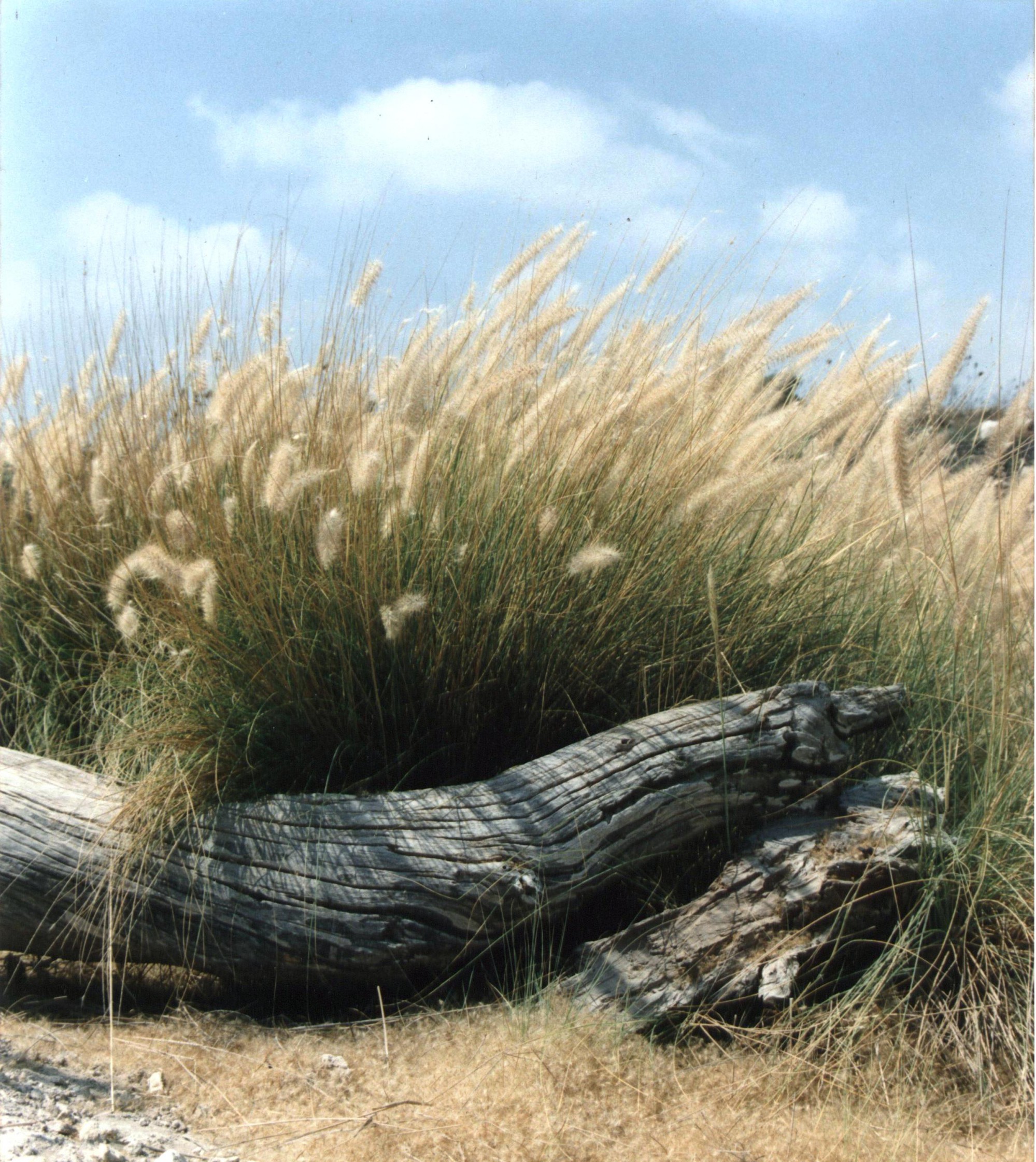To the Lord your God belong the heavens, even the highest heavens, the earth and everything in it. Yet the Lord set his affection on your ancestors and loved them, and he chose you, their descendants, above all the nations..Circumcise your hearts, therefore and do not be stiff-necked any longer..Fear the Lord your God and serve him. Hold fast to him..He is the one you praise, he is your God who performed for you those great and awesome wonders …Love the Lord your God..
(Deut 10.14-11.1)
Sacrifice thank offerings to God, fulfill your vows to the Most High, and call on me in the day of trouble; I will deliver you, and you will honour me.
(Ps 50.14&15)
Give thanks to the Lord, for he is good; his love endures for ever. Let the redeemed of the Lord tell their story – some wandered in desert wastelands..some sat in darkness, in utter darkness..because they rebelled against God’s commands…some became fools through their rebellious ways and suffered affliction… Let them give thanks to the Lord for his unfailing love and his wonderful deeds for mankind, for he satisfies the thirsty and fills the hungry with good things..he breaks down gates of bronze and cuts through bars of iron…Let them sacrifice thank offerings and tell of his works with songs of joy.
(Ps 107.1,2,4,8-9,10,16-17,22)
Rejoice always, pray continually, give thanks in all circumstances; for this is God’s will for you in Christ Jesus.
(1 Thess 5.16-18)
I love the fact that everything in the bible is there for our good, to help us learn about our God, and to have confidence in living for him in this weary-yet-wonderful world. I love the fact that the whole sacrificial system instituted under Moses, directed by God, was to teach people how much God yearned to dwell with them, and how sin must be addressed in order to make that possible. And I really love the fact that there is a whole category of offerings/sacrifices which are simply described as fellowship offerings – distinctive because there was no element of atonement for sin or cleansing of guilt, and the worshipper shared in the communal meal associated with the sacrifice. The focus was on the fellowship which God delighted to share with his children – they had a meal together and enjoyed one another’s company!
Thank offerings were one particular type of fellowship offering, perhaps for occasions when something special had happened, or to celebrate a trial endured with God’s help. Above all, while they express a sense of indebtedness to God for all he is and does, they are NOT an attempt to repay the debt. When we make a sacrifice of thanksgiving, we express love and worship to God, recognising that he is the source of all good things, and his power in us is the reason we are able to achieve anything.
Are we sometimes tempted to think of our relationship with God as one where we need to keep up with him in terms of generosity in loving? In human relationships, there can be a struggle to accept gifts which we feel unable to repay; we may take pride in being “no man’s debtor”. And there is the dangerous word – pride – which has no place in a relationship of love and trust. Parents do not love their children and provide for them with a view to getting services and gifts back again in equal measure. Spouses do not love according to strict rules of equal generosity – or if we do, it is fatal to the health of the marriage.
There is equally no room for pride in our relationship with God. Who are we to think that we can ever repay the debt we owe the Creator of the Cosmos? Consider all that has happened in order to make your life possible, and it quickly becomes clear that we have nothing to offer in return. When we add the incredible gift of forgiveness and new life in Christ Jesus, and the transforming power of the Spirit – by whom alone we think, act and live godly lives – our debt becomes infinitely greater.
With the coming of Christ, all our sins are paid for, and the only sacrifice which is now necessary is the fellowship offering, when we come and share our delight in all that God has done for us. We have an unpayable debt, which God delights that we should not even try to address – rather we are to exult in it! The magnitude of our debt simply makes the work of Christ and the love of God even more splendid, and his grace more beautiful.
When we make a sacrifice of praise, we are focusing not on the sins (forgiven, and yet to be), but on the new life and relationship we now have with God. The root of sin is defeated, and we are always welcome to share the fellowship meal with him, celebrating Christ and anticipating his return. Our right response to this great debt of love and mercy is humility, fearless witness and continual thankfulness. On this debt we can depend as on a sure foundation, and a resting place where all fear is banished. I am loved, accepted and forgiven..Alleluia!
A debtor to mercy alone, of covenant mercy I sing; nor fear with thy righteousness on, my person and offering to bring.
The terrors of law and of God, with me can have nothing to do; my Saviour’s obedience and blood hide all my transgressions from view.
The work which his goodness began, the arm of his strength will complete; his promise is yea and amen, and never was forfeited yet.
Things future, nor things that are now, nor all things below or above can make him his purpose forego, or sever my soul from his love.
My name from the palms of his hands eternity will not erase; impressed on his heart it remains in marks of indelible grace.
Yes I to the end shall endure, as sure as the earnest is given more happy, but not more secure, the glorified spirits in heaven.
(AM Toplady 1740-1778)





